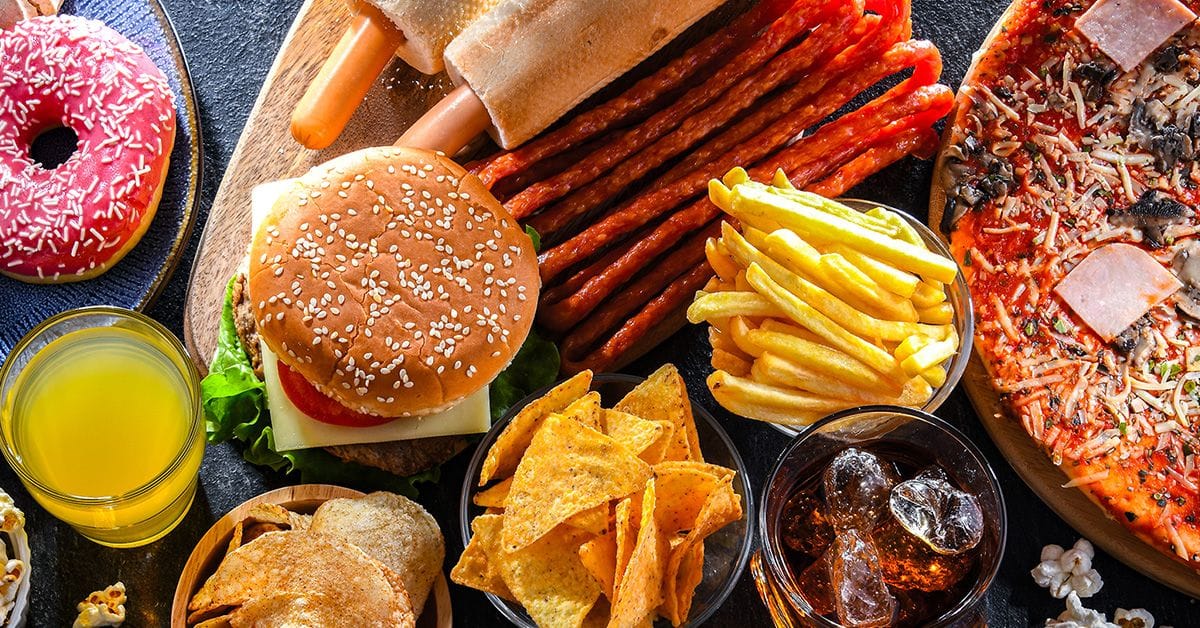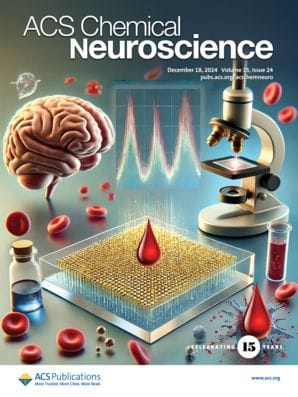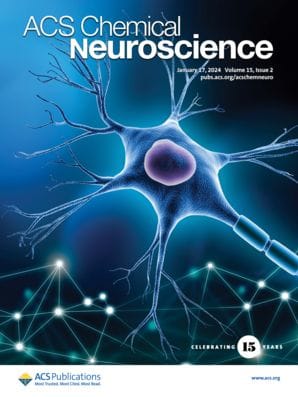New research uncovers the lasting impact of high-fat diets during adolescence on impulsivity and brain health in rodents, revealing critical insights into brain function and behavior.

Our diet plays a pivotal role in development, impacting both physiology and behavior. The "Western diet" is a modern pattern of eating characterized by pre-packaged and fried food, refined grains, red and processed meat, high-sugar drinks, candy, sweets, and high-fat dairy.1 In the United States, 65% of adults over the age of 20 are overweight or obese, and the average person ticks the box for a high-fat diet, where at least 35% of calories come from fat.2 These eating patterns have a number of negative health impacts, including insulin resistance and immune dysregulation. But some of the effects of a high-fat and highly processed intake are not fully understood, including inhibitory control and compulsive eating.
Inhibitory control deficit is prominent during adolescence, and it has been suggested that both diet and substance abuse affect its ability to develop normally.3 Compulsivity is a key manifestation of inhibitory control deficit and a core symptom of conditions such as OCD, ADHD, addiction, and anxiety disorders. Previous studies have explored how diet affects brain function, but little is known about how the consumption of a high-fat diet during adolescence might impact impulsivity in the long term.4,5
To help bridge this gap, a new study published in ACS Chemical Neuroscience looks at how exposure to a high-fat diet affects impulsive behaviors and underlying brain activity in adolescent rats.6 The researchers split 40 rats into two groups, with one being fed a standard chow diet and the other a high-fat diet of commercial cheesecake. The rats began their diets at 33 days old and stopped at day 77. Afterward, all rats transitioned to the standard chow, but the impact of the high-fat diet stuck around.
To assess the behavioral effects of the high-fat diet, the animals were given several tasks to assess behavior, including delay discounting and rodent gambling. Additionally, the team conducted biochemical analyses of brain regions and gut metabolites to provide insights into the underlying physiological changes.

From Nutritional Patterns to Behavior: High-Fat Diet Influences on Inhibitory Control, Brain Gene Expression, and Metabolomics in Rats
The results showed that the rats exposed to the high-fat diet exhibited increased motor impulsivity, making more hasty decisions without considering the consequences. However, the authors did not observe any notable difference in cognitive impulsivity between the two groups.
The most significant finding was the long-lasting effect on the prefrontal cortex and mesolimbic pathway, both of which play crucial roles in regulating behavior. The prolonged exposure to a high-fat diet altered the fatty acid composition of brain tissue and influenced brain plasticity, further compounding the deficits in inhibitory control. The gut microbiome also showed changes, including altered fatty acid and glucose profiles, which may provide a link between diet and brain function.
This study marks an important step in better understanding the long-term consequences of high-fat diets on impulsive behavior. However, the relationship between high fat intakes and decision-making certainly warrants further research—especially to see if the same patterns hold for humans. Understanding how these effects might apply to our own populations could help in developing preventative strategies to mitigate the risks associated with poor dietary habits.
References
- Clemente-Suárez. V. J. et al. Global Impacts of Western Diet and Its Effects on Metabolism and Health: A Narrative Review. Nutrients 2023, 15(12), 2749.
- Krisanits, B. et al. High-fat diet. In: Advances in Cancer Research 2020, 146, 57-82.
- Vinuesa, A. et al. Juvenile exposure to a high fat diet promotes behavioral and limbic alterations in the absence of obesity. Psychoneuroendocrinology 2016, 72, 22–33.
- Abreu, A. C et al. NMR-based Metabolomics and Fatty Acid Profiles to Unravel Biomarkers in Preclinical Animal Models of Compulsive Behavior. J. Proteome Res. 2022, 21, 3, 612–622.
- Kang, J. et al. High-fat diet-induced dopaminergic dysregulation induces REM sleep fragmentation and ADHD-like behaviors. Psych Res. 2023, 327, 115412.
- Ruiz-Sobremazas, D. et al. Nutritional Patterns to Behavior: High-Fat Diet Influences on Inhibitory Control, Brain Gene Expression, and Metabolomics in Rats. ACS Chem. Neurosci. 2024, 15, 24, 4369–4382.
